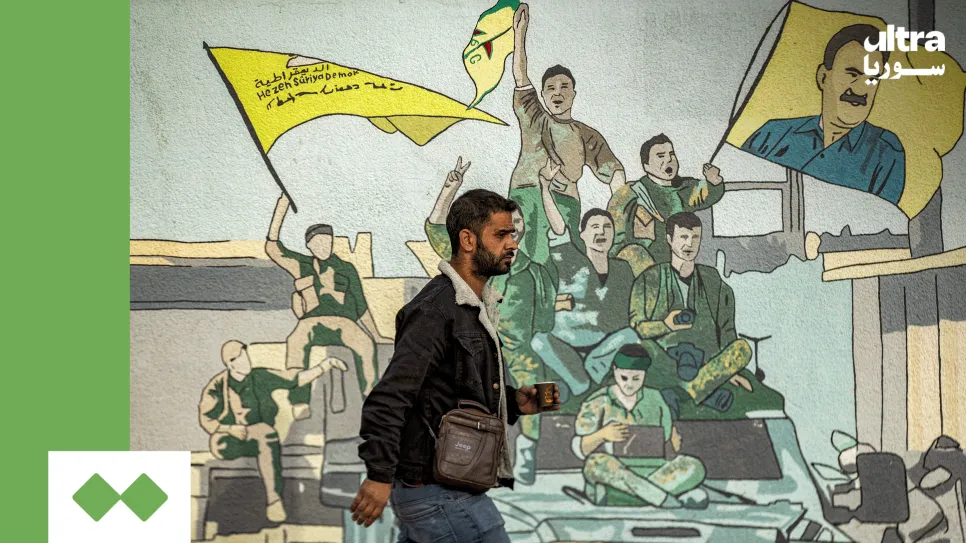A senior Kurdish official has reaffirmed the Autonomous Administration’s commitment to a political vision rooted in decentralization and pluralism, stating that these principles are essential for any future settlement with Syria’s new government. Speaking to Agence France-Presse on condition of anonymity, the official stressed that this vision is “a cornerstone of the Kurdish perspective on the future of the Syrian state.”
“A decentralized, pluralistic, democratic Syria is the most viable solution to the country’s current challenges,” the official asserted. “It is no longer possible to govern Syria’s social mosaic through a centralized system that monopolizes power and ignores the unique characteristics of its regions and communities.”
The Kurdish leader emphasized that decentralization will be a central issue in upcoming negotiations and is “non-negotiable.” He noted that a committee representing various Kurdish parties is preparing to travel to Damascus soon to discuss constitutional recognition of Kurdish rights.
While confirming ongoing dialogue with the Syrian interim government, the official acknowledged the complexity of the current negotiations, saying the talks revolve around “difficult and sensitive files” that require “greater trust-building than ever before.”
The source also criticized the persistence of centralized thinking in the Syrian state, arguing that such an approach hampers progress: “Insisting on managing unresolved issues from the center without embracing true partnership and power-sharing slows the negotiation process and makes it significantly more difficult.”
This position echoes recent statements by Aldar Khalil, a senior figure in the Democratic Union Party and member of its Presidential Council, who told Reuters that a Kurdish delegation is preparing to enter talks with Damascus. According to Khalil, “the Kurdish political vision document will form the basis of negotiations.”
Khalil acknowledged potential obstacles due to what he described as the “rigid” stance of the Syrian government, and criticized Damascus’s recent unilateral measures. Still, he expressed a willingness to engage in dialogue and participate in political processes.
He also underlined the role of the Syrian Democratic Forces (SDF), saying their mandate is solely to ensure the security of northeast Syria. “This must be guaranteed constitutionally, legally, and politically,” Khalil said, adding that without such guarantees, “discussions about disarmament are futile.”
Earlier this year, on March 10, Syrian President Ahmad al-Sharaa and SDF Commander Mazloum Abdi signed an agreement integrating the SDF and Autonomous Administration institutions into the Syrian state framework.
The agreement includes eight key provisions, chief among them a commitment to equal representation and participation in the political process and state institutions based on merit, regardless of ethnic or religious background.
This latest push follows the “Conference on Kurdish Unity in Syria,” which called for a just resolution to the Kurdish issue and demanded a democratic, decentralized Syria. The conference also announced the formation of a unified Kurdish delegation to negotiate with Damascus as soon as possible.
The Kurdish statement reiterated calls for a decentralized Syrian state that ensures fair distribution of power and resources between the center and the regions. It also demanded that the name, flag, and national anthem of Syria reflect the country’s ethnic and cultural diversity.
This article was translated and edited by The Syrian Observer. The Syrian Observer has not verified the content of this story. Responsibility for the information and views set out in this article lies entirely with the author.


